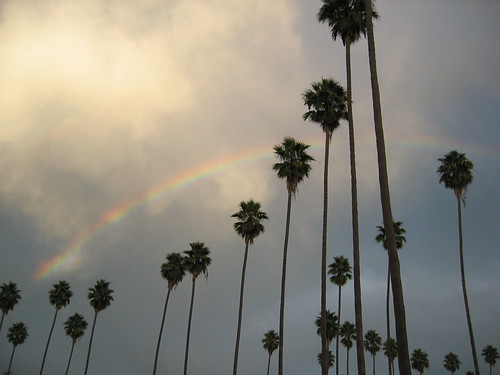Last Updated on October 4, 2011, 5:02 pm ET
It seems like all we hear these days in library-land is bad news on the copyright front. That makes yesterday’s decision from the federal court hearing AIME et al. v. Regents of UCLA et al. especially welcome. The court granted the UCLA defendants’ motion to dismiss, finding that the complaint suffered from a series of infirmities. The case has some exciting implications for institutions that would like to stream video, but it stops short of vindicating the strongest fair use arguments in favor of streaming.
First, here is what the court said, in a few bullet points:
-
Regents and officers of UCLA are immune from suit in their official capacity under the 11th Amendment to the U.S. Constitution. States (and their officers) have to explicitly consent to be sued, and in this case California had not given such consent.
-
AIME, an association of video vendors who does not itself hold any copyrights, cannot bring suit on behalf of its members. To bring suit, a plaintiff has to have “standing,” and an association must have “associational standing.” AIME does not have associational standing because participation of individual members who are rights holders would be necessary. AIME also failed to show that the association itself was harmed in any way by UCLA’s streaming.
-
As to the substantive claims, the court held (not in this order):
-
Placing DVD content on servers and streaming video to remote users was within the “public performance” right in the license agreement between UCLA and Ambrose (the rights holder plaintiff who joined AIME in the lawsuit).
-
Copying works from a DVD to a network server is fair use where it is merely “incidental” to use of the right that was licensed to UCLA (i.e., the performance right).
-
The rights holders had not overcome UCLA’s arguments that streaming is not a “display” or “distribution.” (The squirrelly formulation suggests that AIME might have had better luck here with more effort, but simply did not respond to UCLA’s arguments at all.)
-
The DMCA digital locks protections do not apply to uses (such as ripping and streaming) where the user has lawful access to the content. So, UCLA did not violate the DMCA by copying DVDs (which are encrypted) to its network servers because it had been granted rights to access the content.
-
The various state law claims were preempted by federal copyright law and so could not be independent claims for relief.
-
Many of these claims were dismissed “without prejudice,” meaning that Ambrose and AIME could re-file their complaint to try to cure the infirmities that led to this dismissal. This seems somewhat unlikely, as AIME has already filed two complaints in an effort to put its strongest case forward. Some of the procedural issues could be cured by a better-formulated complaint, but the substantive problem (that the contested use is within UCLA’s public performance rights) seems incurable.
Some open questions:
-
What happens when the user hasn’t specifically licensed public performance rights?
There is encouraging dicta in the opinion: the judge focuses on showing films in a classroom as the paradigm use case for the Ambrose DVDs, then says streaming “does not take the viewing of the DVD out of the educational context,” suggesting that uses lawful in the classroom should be equally lawful on authenticated servers. Section 110(1) permits showing of films in the classroom even without a license. If streaming is in-principal indistinguishable from in-class performances, then you’re well on your way to an argument for streaming without a license (more likely under fair use, though, given the narrowness of 110). But that wasn’t what UCLA was doing or arguing in this case, so we have not heard from a court on that issue. Libraries and their parent institutions will have to go forward based on their own best arguments, and an emerging consensus on the scope of fair use.
-
Does the logic of this opinion bar associations from filing copyright infringement suits, period?
It certainly looks like associations who are not themselves rights holders would have a hard time overcoming the fact that only holders of exclusive rights can file copyright claims. As Kevin Smith says, it looks like folks like the Authors Guild might have a “Righthaven problem.” And they also have a Muchnik problem, because there is very strong case law now saying that diverse rights holders cannot be bound together in a class action. It looks like associations might want to start publishing some copyrighted works (and getting those works ingested by Google) if they want to stay directly involved in copyright lawsuits. That said, the Copyright Clearance Center and the Association of American Publishers seem to have been able to control the lawsuit against Georgia State despite not being named plaintiffs. The impact of these standing cases may ultimately be limited to the kinds of names we see on the left side of the “v.” in copyright suits.




